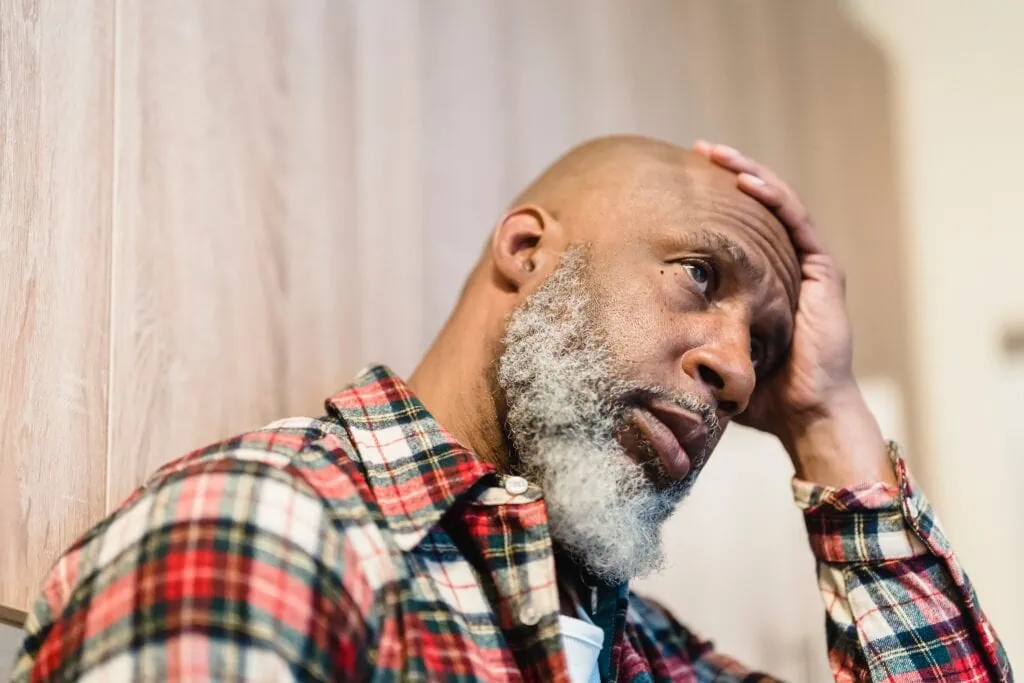
5 Age-Related Factors That Contribute to SUD in Older Adults
Substance use disorder (SUD) is growing among older adults in America. Like all addictions, this public health concern requires attention and understanding.
5 Factors That Can Cause Older Adults to Misuse Drugs
Like many diseases, SUD can affect individuals of all age groups, including older adults over 50. Several age-related factors contribute to substance use in older adults, shedding light on this population's unique challenges and circumstances.
- Physical Health Changes: As people age, they experience various physical changes. Older adults live with chronic illnesses like arthritis, diabetes, and multiple sclerosis. Chronic pain, degenerative diseases, and diminished mobility are common issues faced by older adults, leading to an increased reliance on prescription medications.
- Life Transitions and Loss: Older adulthood is often marked by significant life transitions, such as retirement, loss of a spouse or friends, and changes in living arrangements. Feelings of isolation, boredom, and a lack of purpose, can increase the risk of turning to substance use as a coping mechanism. Grief and bereavement can also contribute to substance use as individuals self-medicate emotional pain.
- Medication Mismanagement: Using multiple medications, also known as polypharmacy, is prevalent among older adults due to multiple chronic conditions. Mismanagement of medications, including non-adherence, incorrect dosage, or drug interactions, can have unintended consequences, including substance abuse. (Habitually misusing medications, especially alongside alcohol or illicit drugs, poses serious health risks and can be a symptom of SUD.)
- Different Attitudes: Older adults may have grown up when prescription drug and alcohol use were less stigmatized or perceived as less harmful. Societal changes may create a generational gap in awareness and understanding. This can deter older adults from seeking help or recognizing the signs of addiction, potentially exacerbating substance abuse issues.
- Less Access to Treatment: Some older people feel like they don't fit in at treatment centers, where younger people may have different life problems and social challenges. Treatment programs can offer age-appropriate help for older people who want to change their lives. Being in the presence of peers who want to stay sober is powerful! All ages can learn from each other and present the chance for intergenerational friendships. Medication-Assisted Treatment may also be less accessible for older adults.
Which Drugs Are Misused?
The most commonly misused drugs among seniors are opioids and benzodiazepines. Opioids are usually prescribed for pain. Benzodiazepines are prescribed for anxiety, muscle pain, and sleep disorders. The effects can be amplified when either drug is taken with other medications. Drinking on both types of medications is dangerous because the combination of alcohol and the drug can cause slowed breathing and possible overdose.
Older people are often more vulnerable to the side effects of medications, so it can be easier for them to overdo it accidentally. All people who take opioids and their caretakers, too, should keep Narcan, the opioid-overdose reversal drug, on hand in case of accidental overdose.
SUD Treatment for Older Adults
Understanding the age-related factors contributing to substance use in older adults is crucial for developing effective prevention and treatment strategies.
The physical health changes that older people face require empathy and medical management. Therapists can help people with SUD cope with life transitions and loss. Having supervision and a set schedule can help with medication mismanagement.
Learning more about SUD is crucial so people with it can begin managing it. (SUD is a chronic health condition that needs management, like diabetes or high blood pressure.) Treatment centers can usually accommodate people of all ages. Self-help groups such as Alcoholics Anonymous and Narcotics Anonymous also cater to people of all ages and all walks of life.
By addressing these factors and providing tailored interventions, healthcare providers, caregivers, and support systems can significantly promote the well-being and recovery of older adults with SUD.
Getting Help for Addiction
If you or somebody you love is misusing medications or may have a problem with other drugs, please get in touch. We're here to help you make decisions and reclaim your life.
Categories
Recovery





